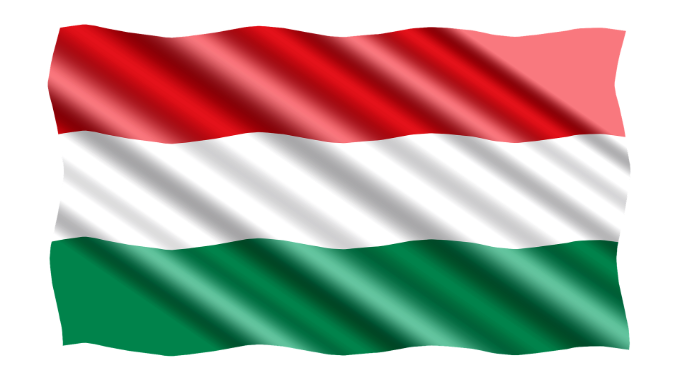Hungary - Economic update

Recently released figures for Hungarian industrial production picked up in August as the working day adjusted figure reflected 4.5% yoy growth vs. 3.9% yoy in July. The seasonally and working day adjusted production was up by 3.8% mom from -1.9% mom in July. The main reason of this high monthly volatility is the holiday season. On average during the summer months industrial production growth maintained the pace seen in the first half of the year though. This implies a 0.7%pt contribution to the Q3 GDP growth figure. As the construction sector is still booming and household consumption is boosting the service sector, we expect that third quarter GDP growth may remain slightly above 4% yoy. In the medium term, while new capacities may boost the performance of the sector, the international environment may deteriorate somewhat. Hence, industrial production growth in 2019 will likely be roughly the same as this year.
Regarding the Forint exchange rate, the EUR/HUF stabilized in the range of 322 and 326 during the last month. The HUF performed slightly better than other currencies in the region, but it was not able to strengthen substantially in the context of relatively calm and positive market sentiment during the last weeks. As the Hungarian central bank (NBH) maintains it loose monetary policy stance, there is still a risk of further HUF weakening if sentiment worsens again.
The Hungarian bond market it was effected by the recent self-off and the yield curve steepened further. The short-end of the curve is kept at a very low level. Hence, financial markets still believe the NBH’s projections no monetary policy adjustments in the next 9-12 months. The long end of the curve was under more sell-off pressure, despite the AKK’s (Debt Management Agency) successful Eurobond issuance last week. Despite increasing inflation pressures and bearish global bond environment, we don’t expect any radical sell-off on the domestic bond market. Hungary will probably receive additional EU funds money in the next weeks - the government recently sent invoices worth HUF 350 bn to Brussels - so the AKK may cut back issuance, which might push the 10y bond yield back below 3.5%.
